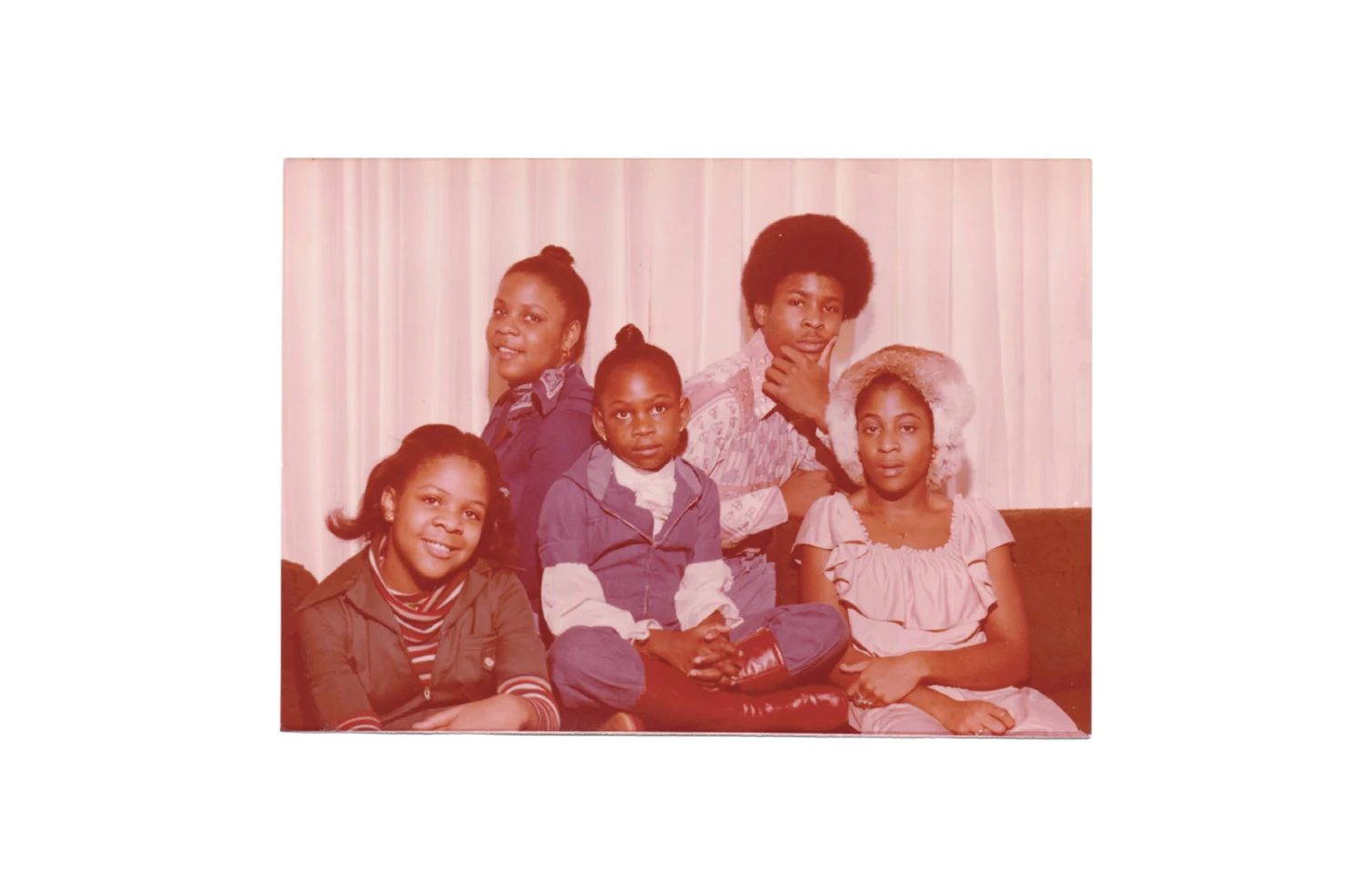a woman’s worth
Erica: So, Harry, what do you do?
Harry: I’m an owner of a record company, among other things.
Erica: Which record company?
Harry: Drive-By Records.
Erica: Drive-By Records? Is that a joke? I mean, what is that?
Harry: It’s a hip-hop label.
Erica: Hip-hop? Oh, rap. Right, right. Well, that’s interesting.
Harry: Let me see if I get where you’re headed here…
Erica: I’m sorry, but look, I hate rap. I do. I really do. It’s just crude and violent for my taste… not to mention, just a tad misogynistic.
Harry: Hey, some people see rap as poetry.
Erica: Yeah, but how many words can you rhyme with “b****?”
excerpt from Something’s Gotta Give, screenplay by Nancy Myers
A STORY
In the 2013, the Mark Burnett and Roma Downey mini-series retelling the story of the Bible, Samson was portrayed as a large, Black, dreaded, brick-house, six-foot-six man. A white woman with a traditionally svelte, Hollywood physique and chestnut hair that gleamed with honey highlights portrayed Delilah. Both of them spoke the words of the b-i-b-l-e with lilting English accents. I could go on and on about all the cultural errors within this production, but I like you, reader. So I’ll spare you. Besides, it’s been 5 years and my bleeding eyes have finally healed.
However, I do find it very telling that Samson—a man who is never described in the Bible as muscular or athletic, but only as having supernatural strength—would be cast as a black, brick-house-of-a-man. Why do directors and producers typecast large, black men into roles meant to depict ultimate physical strength? Where does that stereotype come from? Why does "ultimate, violent, unbridled, virile strength" equal "large, black man"? I’m not saying that this is always the case. But we cannot deny that black men have been portrayed as beasts, savages, animals, and workhorses since the first slave boat pulled into the dock. Long before the first group of slaves stood center stage to be auctioned off to the highest bidder, the black body had already been exploited. The victimization of our bodies began the day white explorers arrived on our native shores and proceeded to systematically erase our humanity.
Which brings me to wonder: If our bodies have been owned, breed, whipped, sold, lynched and left for dead from the beginning of our country’s history, is it so surprising that we have a difficult time deeming our bodies as worthy and sacred? If my great, great, great, grandfather was told that he was only partly human, and if my great, great, great grandmother had 15 children who were all weaned and then sold, who then taught my father to be a man? Who taught my mother to be a woman?
If for centuries the worth of our bodies has been based on strength, virility and fertility, can we blame the misrepresentation of the black female in hip hop culture entirely on 18 and 19 year-old fatherless men who have found a way to be seen as strong and capable without having to lift the weight of a mule on their backs? Perhaps this is stretch, but I don’t think it is.
When I was a 7 or 8 year-old kid, little black girls were rapping about their worth on any given day on my mother’s block. We were emceeing our lives, and none of us had ever heard the name “hip hop”. We’d circle up with our friends and chime, “Down, down baby, down, down the rollercoaster/sweet sweet baby, I, I, I love you so/Shimmy shimmy cocoa pop, shimmy shimmy peace/Shimmy shimmy cocoa pop, shimmy shimmy, soul/Shimmy shimmy cocoa pop, shimmy shimmy, pow!” Other times when we were feeling less than friendly toward one another, we’d stand with our hands on our narrow hips, fully confident in our girlhood and black skin and call our frenemies out to battle, crying, “You can roll your eyes. You can stomp your feet. But, this black girl, you sho’ can’t beat!”
At my senior prom I danced to Salt n Pepa’s Let’s Talk about Sex with all my girls fist pumping around me in a circle, shouting, “Ladies, all the ladies, louder now, help me out. Come on, all the ladies—let’s talk about sex—all right!” I was still a virgin and would be until my wedding day. I was as clueless as I was when I was just a scrawny kid back in the day with my friends, hands on our phantom hips, swaying from side-to-side, singing in acapella, “So put ya hands on ya hips and let ya back bone slip! Awwww shake to east! Awww shake it t the west! All shake to the very one that you love the best!”
The ambiguity of our androgynous bodies didn’t keep us from roaring like the lionesses we knew we were. Why would girls like that ever question their value? I surely didn’t... until one hot summer afternoon when I was about to enter the sixth grade. My mother called me into the dining room where she and her friends were hanging out and smoking cigarettes. I entered the dining room feeling honored to be invited among the women, until my mother yanked up my shirt to expose my bare breasts and say, “See, I told you. Ain’t they pretty?” This would not be the first time that the women in my mother’s circle—best friends, aunties, play cousins, neighbors—would freely, verbally mark my body. It took no time at all for them to teach me that I was sexy. Womanhood, however, was never explained. I wouldn’t learn how to be a woman until years and years later. I would learn my worth slowly as I taught my daughter hers.
By the time I entered high school, it was clear to me that my fully developed body triggered a reaction from the world around me—especially the church. Suddenly, the Bible stories that I was told as a child were no longer heroic, epic tales. The same stories that I’d learned summers-in and summers-out at Vacation Bible School were now cautionary tales. David had slayed Goliath. But now I was learning that he was also an adulterer. Noah built the ark, but he also got drunk and passed out naked. King Solomon was a wise man whose biggest downfall was his harem of questionable women. Samson defeated the Philistines, but his uncontrolled sexual appetite made it easy for the love of his life, Delilah, to betray and defeat him.
I was being told to cross my legs at church, and that nice girls wore slips and pantyhose beneath their dresses. I was learning that some girls were Sarahs, Marys and Marthas. Others were Jezebels, Bathshebas and Delilahs. The same male pastors of the church who'd spun me around in circles as a child and played kickball with us at the annual church picnic abruptly stopped taking notice of me, lest they find themselves tempted.
Though all of this wove a thin strand of shame around my sexuality, I never pushed against any of it. I was even grateful for that shame. I thought it was necessary to keep me from doing anything that might label me as one of those temptresses whose seduction caused good men to crumble. After all, Samson and Ahab were strong, decent men, until those she-demons came along. And look what it cost them.
Today, when I read the story of Samson, I find myself listening to Delilah’s side of the story for a change. She tells me, “Everything you’ve heard about me is only what they told you. What they didn’t tell you was that I only did what they told me to do. They had the power. I did not. It was their plan, not mine. Things were not so easy for women back then, and I did what I had to do.”
Like Delilah and every other misunderstood sexualized woman in the Bible, from Hagar to the prostitutes that hung out with Jesus, fine-tuning the historical lens in which we view the way black rappers portray black women in their lyrics and videos should expand their stories. So I ask you, if a land is raped and pillaged, and if the bodies of the people pillaged from that land are stripped bare of their identity, and if their identity is no longer father, mother, son, daughter, or human, how does the integrity of our their bodies survive and get handed down to the next generation?
CONTEMPLATION
In an article for HuffPost, Zeba Blay writes:
“Sexism is rampant in the punk, metal, and indie rock scenes. And while there’s been criticism of non-rap genres before — the campaign for parental advisories and censorship of hair metal bands in the 1980s for instance — hip-hop seems to be an easy and constant target.
It makes sense why it’s most often the scapegoat. Hip-hop is global, wildly popular, and mainstream in a way that many rock genres aren’t nowadays. But there are complexities in the way that hip-hop misogyny must be approached. We can’t talk about hip-hop, an art form born in the Bronx and popularized by black and Latino youth, without talking about race. Tied up in these critiques are perceived ideas about black masculinity as aggressive, toxic, inherently dangerous. It’s not just the music, but who is making the music that seems to make it so offensive.
So how do we reconcile this?”
1. Why are hip hop lyrics often perceived as being more threatening and misogynistic than pop artists like Taylor Swift’s lyrics or bands like DNCE’s lyrics for their song Cake by the Ocean?
2. How has media shaped your perception of black masculinity?
3. Do you carry dangerous stereotypes about the black body (male and female) that might influence your interaction or non-interaction with black people?
4. Did religion or church positively or negatively inform your own sexual development? What about your family?
5. Read or reread the story of Samson and Delilah (Judges 13-16). What is the culture of the people in the story? Is it revealed in the text? Is Delilah beautiful? Is she a prostitute? Does the text tell us the whole story?
MORE
Jewish Women’s Archive Encyclopedia, Delilah: Bible, by J. Cheryl Exum
Black Women Love Hip Hoop, But It Doesn’t Love Us Back by Shanita Hubbard, Huffington Post
Heroes and Villains: Is Hip-Hop a Cancer or a Cure? by Lecrae, TEDxNashville
The Danger of a Single Story by Chimamanda Ngozi Adichie, TEDtalks
#dangerousbodies #blackwomen #sci by Rhon Manigault-Bryant, TEDxWiliamsCollege










